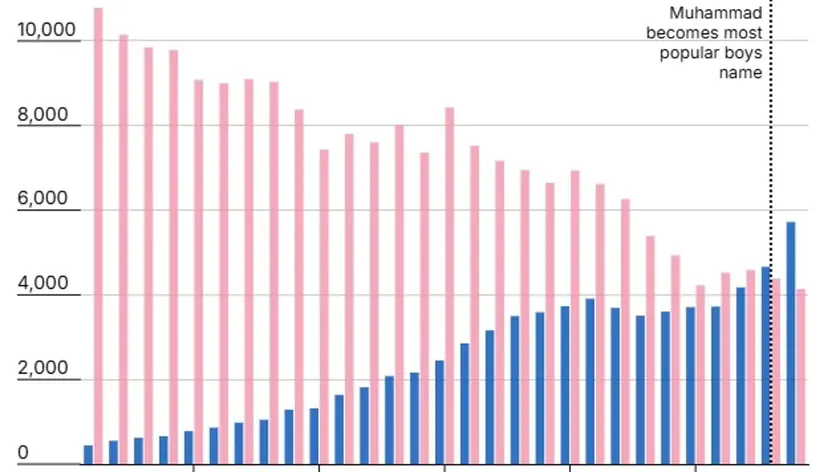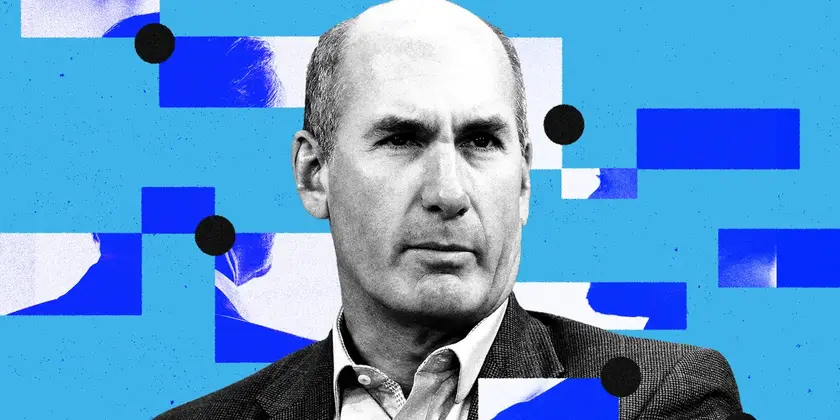T4K3.news
Growing trend of coffee badging disrupts office culture
A significant number of hybrid workers engage in coffee badging, raising concerns for companies.

The trend of coffee badging brings challenges for companies facing return-to-office mandates.
Millennials reshape office culture with coffee badging
Coffee badging has emerged as a notable trend among employees returning to the office. Defined as the act of showing up just long enough to swipe a badge and grab coffee before leaving, this behavior reflects a significant shift in workplace dynamics. Recent surveys reveal that 44% of hybrid workers in the U.S. engage in coffee badging, while 75% of companies report difficulties managing this issue. Notably, firms like Samsung and Amazon have introduced measures to combat the trend, implementing tracking systems and dialogue with employees about their in-office presence. Despite these efforts, coffee badging signals deeper concerns in the relationship between traditional office expectations and modern work realities.
Key Takeaways
"Coffee badging isn’t just a fun term; it’s a symptom of a deeper disconnect between traditional workplace expectations and modern realities."
This highlights how employers may need to rethink office culture and employee engagement strategies.
"Even managers admit to coffee badging, showing how ingrained this behavior is in all levels of the workforce."
This suggests a widespread acceptance of coffee badging and its implications for workplace dynamics.
"Organizations may need to listen to what coffee badging reveals about employee motivation and engagement."
Acknowledging this insight could lead to more effective workplace strategies going forward.
"As long as remote productivity remains high, the value of in-person office time is under scrutiny."
This statement addresses the ongoing debate regarding the relevance of traditional office spaces.
The rise of coffee badging illustrates a growing disconnect between employer mandates and employee desires for flexibility. As many workers find remote productivity beneficial, the office becomes a backdrop for mere compliance rather than a space for collaboration. Companies are struggling to balance tracking efforts with genuine engagement strategies. The challenge lies not just in enforcing attendance, but in understanding the changing perception of the office's value in today's work culture. Embracing new models of engagement may be essential as coffee badging continues to highlight employees' struggles to reconcile workplace demands with personal comfort and efficiency.
Highlights
- Coffee badging reflects a need for more meaningful workplace engagement.
- Employees seek flexibility while still meeting office requirements.
- Companies struggle to adapt to a changing work culture.
- The office must evolve to remain relevant in the remote work age.
Challenges posed by coffee badging
The widespread practice of coffee badging indicates deeper issues with employee engagement and organizational policies. This challenge may lead to significant backlash if not addressed effectively.
As the future of work evolves, rethinking engagement strategies may lead to better workplace dynamics.
Enjoyed this? Let your friends know!
Related News

Second arrest after sex toy thrown at WNBA game

HALO becomes Ipswich Town's shirt sponsor

Growing concern over AI recording devices in San Francisco

Office return policy update

AT&T CEO issues strong message on employee engagement

Microsoft announces layoffs of 9,000 employees

AT&T CEO Stresses Need for Cultural Change

Muhammad remains the most popular baby name in the UK
